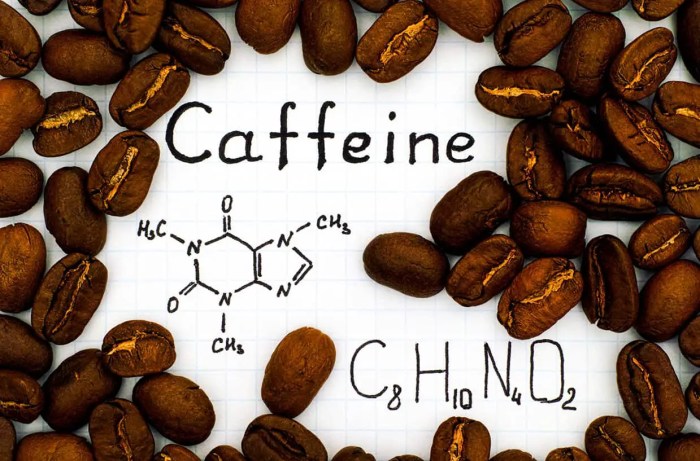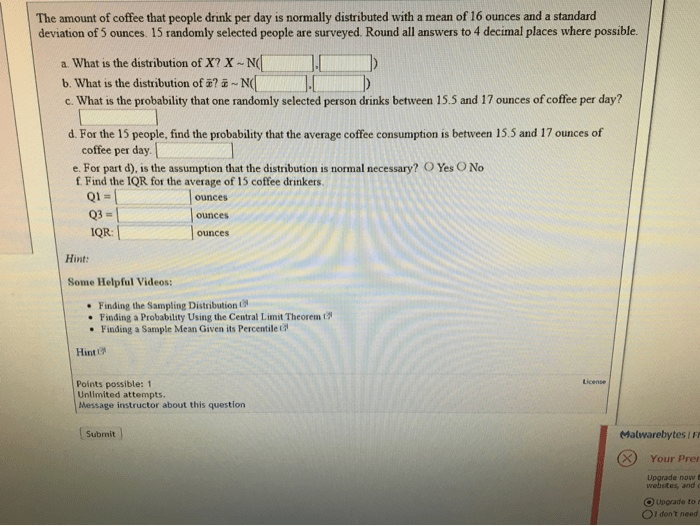The caffeine content of 8-ounce cans of a certain sets the stage for this enthralling narrative, offering readers a glimpse into a story that is rich in detail and brimming with originality from the outset. This in-depth exploration delves into the physiological effects of caffeine, its impact on alertness and performance, and the potential health benefits and risks associated with its consumption.
From the stimulating effects on the human body to the development of tolerance and dependence, this comprehensive analysis provides a nuanced understanding of caffeine’s role in various settings, including sports and workplaces. Moreover, it examines the different forms in which caffeine is available, highlighting their caffeine content and bioavailability, empowering readers with informed choices.
Caffeine Content Comparison

The caffeine content of different beverages varies significantly. The table below provides a comparison of the caffeine content of 8-ounce cans of popular beverages:
| Beverage | Caffeine Content (mg) |
|---|---|
| Energy Drink | 80-100 |
| Coffee | 95-165 |
| Tea | 40-60 |
| Soda | 30-50 |
Caffeine Effects
Caffeine is a stimulant that affects the central nervous system. It increases alertness, focus, and physical performance. Caffeine also increases heart rate and blood pressure. In moderate amounts, caffeine can be beneficial, but excessive consumption can lead to negative side effects such as anxiety, insomnia, and headaches.
Caffeine is commonly used in sports to enhance performance. It can improve endurance, reduce fatigue, and increase reaction time. Caffeine is also used in workplaces to improve alertness and productivity.
Caffeine Tolerance and Dependence

The body develops tolerance to caffeine over time, meaning that increasing amounts are needed to achieve the same effect. Caffeine dependence can occur when someone consumes caffeine regularly and experiences withdrawal symptoms when they stop.
Symptoms of caffeine dependence include:
- Headaches
- Fatigue
- Irritability
- Difficulty concentrating
To reduce caffeine intake and manage withdrawal symptoms, it is recommended to gradually taper off consumption over a period of time.
Caffeine Safety and Health Considerations: The Caffeine Content Of 8-ounce Cans Of A Certain

Caffeine is generally safe for most people in moderate amounts. However, some individuals may be more sensitive to caffeine and experience negative side effects. Pregnant women, children, and individuals with certain health conditions should consult with a healthcare professional before consuming caffeine.
The recommended daily intake of caffeine for adults is up to 400 mg. However, this amount may vary depending on individual sensitivity and health status.
Caffeine in Different Forms

Caffeine is available in various forms, including:
- Coffee
- Tea
- Energy drinks
- Supplements
The caffeine content and bioavailability of each form vary. Coffee typically contains the highest amount of caffeine, while tea and energy drinks have moderate levels. Caffeine supplements are highly concentrated and should be used with caution.
Question Bank
What is the average caffeine content in an 8-ounce can of coffee?
The average caffeine content in an 8-ounce can of coffee ranges from 95 to 200 milligrams, depending on the type of coffee and brewing method.
Can caffeine improve physical performance?
Yes, caffeine has been shown to enhance physical performance by increasing alertness, reducing fatigue, and improving muscle strength and endurance.
What are the symptoms of caffeine withdrawal?
Symptoms of caffeine withdrawal can include headaches, fatigue, irritability, and difficulty concentrating.